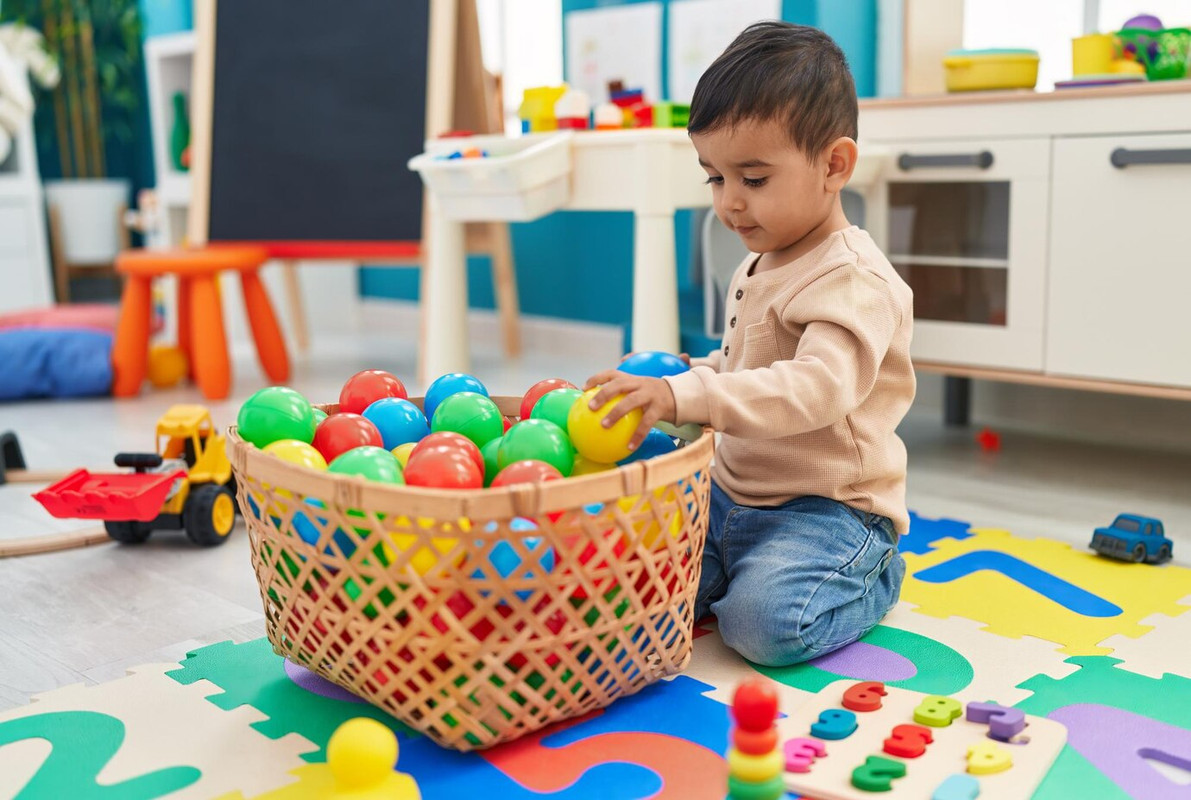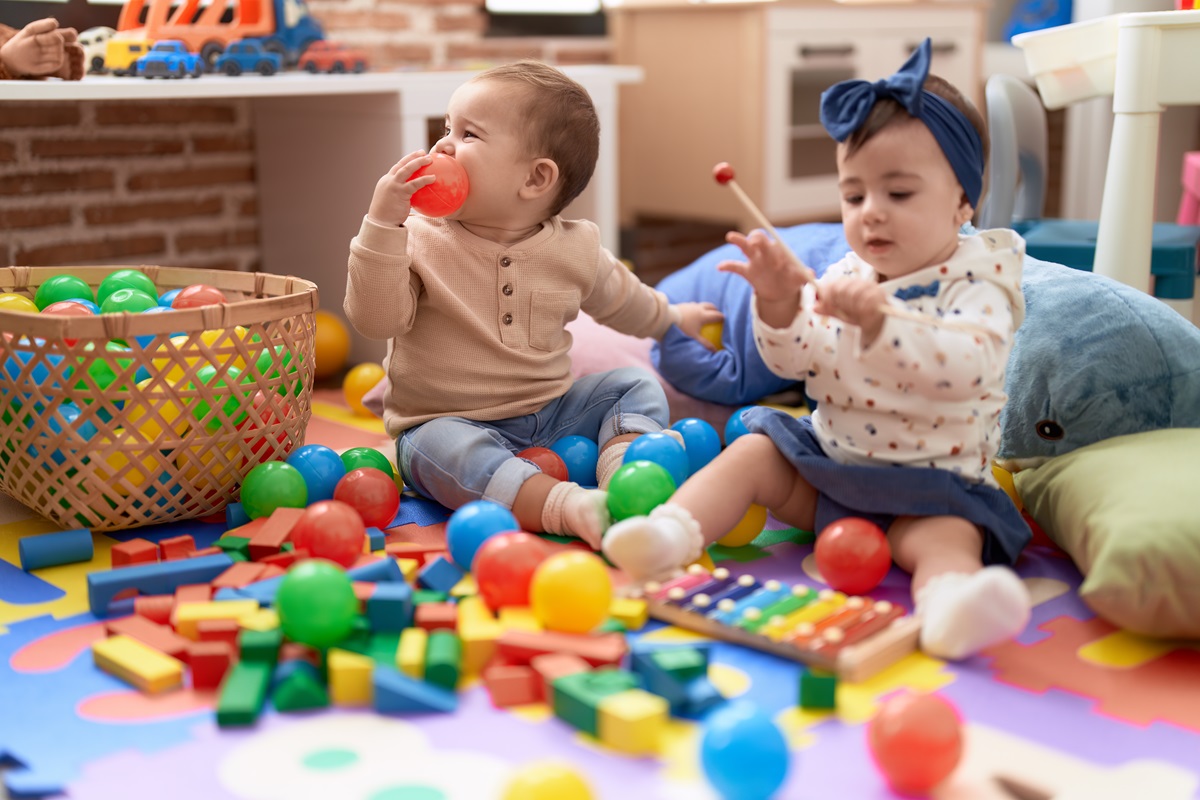
Have you ever wondered about the correlation between a child's early learning environment and their subsequent stages of development? Or pondered just how instrumental the first five years of life can be in shaping our cognitive abilities? In today's hyper-competitive world, the value of a strong educational foundation, particularly for the very young, cannot be overstated. This blog post delves into the hidden world of daycare educational programs and their impact on childhood development.
When it comes to your child's learning environment, quality matters — a fact that's borne out by countless research and extensive studies. But what really constitutes an effective early learning program? How can daycare settings lay down the foundation for children's lifelong learning? Join us as we explore these thought-provoking queries and delve deeper into the realm of high-quality daycare educational programs.
What Makes an Effective Daycare Educational Program?
Quality is paramount when it comes to pedagogic initiatives for young minds. An optimal daycare educational program goes beyond merely keeping children occupied during work hours. It moulds their learning experience, honing in their curiosity, fostering mind-body coordination and instilling social skills.
Ideally, such programs incorporate structured learning that is experiential yet enjoyable. In addition, they cater to the diverse needs of children, considering their unique learning styles and the pace at which they absorb and process information.
Importantly, an effective program also places emphasis on a nurturing, engaging environment – rich in warmth and positivity. This includes caring, responsible caregivers and educators who prioritize child safety and well-being.
Why Start Early: The Importance of Daycare Educational Programs
Early childhood marks a crucial period in terms of cognitive development when the brain is incredibly malleable. A nurturing, stimulating environment during these formative years can positively influence neural pathways, laying the groundwork for subsequent academic success.
What's more, early educational programs can promote socio-emotional development, fostering positive behaviour and relationship-building skills. They can also instill a love for learning, sparking curiosity and promoting intellectual growth.
Overall, starting early gives children a head-start, adequately preparing them for the rigours of formal schooling while equipping them with essential life skills.
Pros and Cons of Daycare Educational Programs
Like any educational setup, daycare programs come with their own set of advantages and challenges. On the positive side, these programs provide an environment conducive to early learning, socialisation, and structured activity.
However, one potential downside could be the homogenized teaching style. Not every child learns in the same way or at the same pace. Hence, catering to varied learning needs can prove challenging in a group setting. Plus, there's the risk of early academic pressure, which might lead to stress and burnout.
Despite this, most experts agree that, when executed properly, the pros outweigh the cons by a large margin.
Implementing Daycare Programs: Strategies and Best Practices
Implementing effective daycare programs requires strategic planning, careful consideration of children’s individual needs, and regular assessment of program outcomes. Key strategies include ensuring a low child-to-teacher ratio, encouraging child-led activities, and adopting a differentiated curriculum.
A truly effective daycare program should strive to foster a positive, caring community where every child feels valued and 'seen'. It should also involve parents or caregivers where possible, promoting open communication and engagement.

Making the Right Choice: Tips for Parents
Selecting the right early learning program for your child can be a daunting task, given the multitude of options and the high stakes. A few tips might include the following: scrutinize the program's curriculum and teaching methodology, gauge the teacher's qualifications and expertise, visit the facility either virtually or physically, and ask plenty of questions.
Making an informed decision ensures that your child is in a safe, nurturing environment where they not only grow but also thrive.
Shaping the Leaders of Tomorrow: The Role of Daycare Educational Programs
The approach of developing a child's cognitive abilities and social skills from a tender age does more than groom them for academic success. It shapes them into well-rounded individuals, fostering resilience, creativity, and an enduring love for learning. In essence, efficient daycare programs are shaping the leaders, innovators, and active citizens of tomorrow.
Conclusion
As we journeyed through the holistic landscape of daycare educational programs, we uncovered their significant contributions to the cognitive and socio-emotional development of young children. Enlightening children from their earliest years isn’t just vital for their personal growth; it's a necessity for the larger societal landscape. The quality education programs in daycare settings are shaping our future generations — and the world as a whole.






0 comments:
Post a Comment